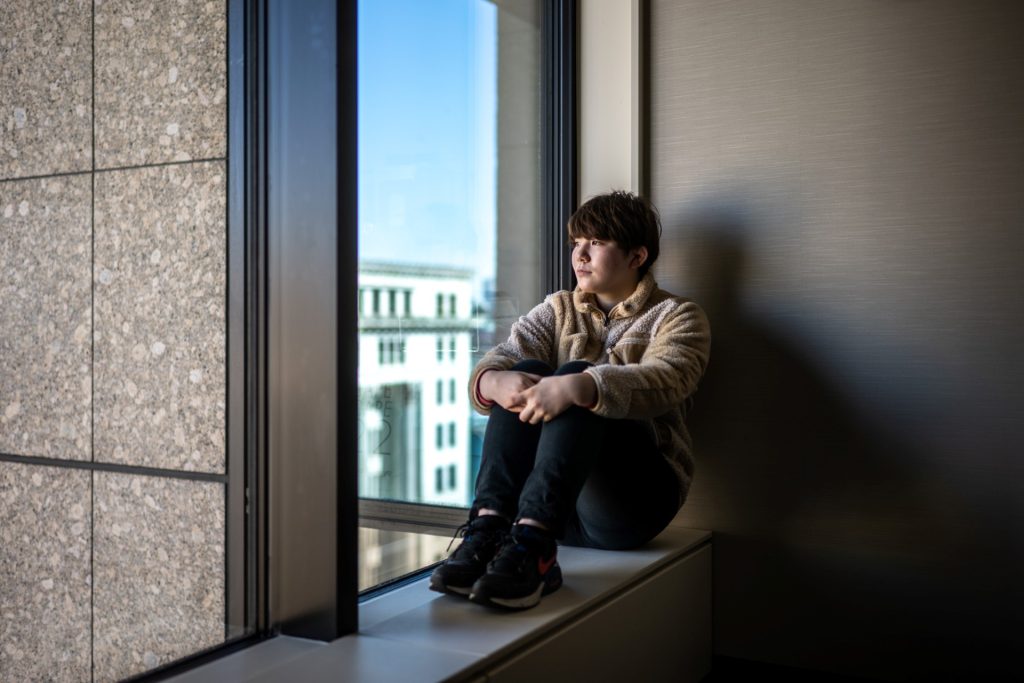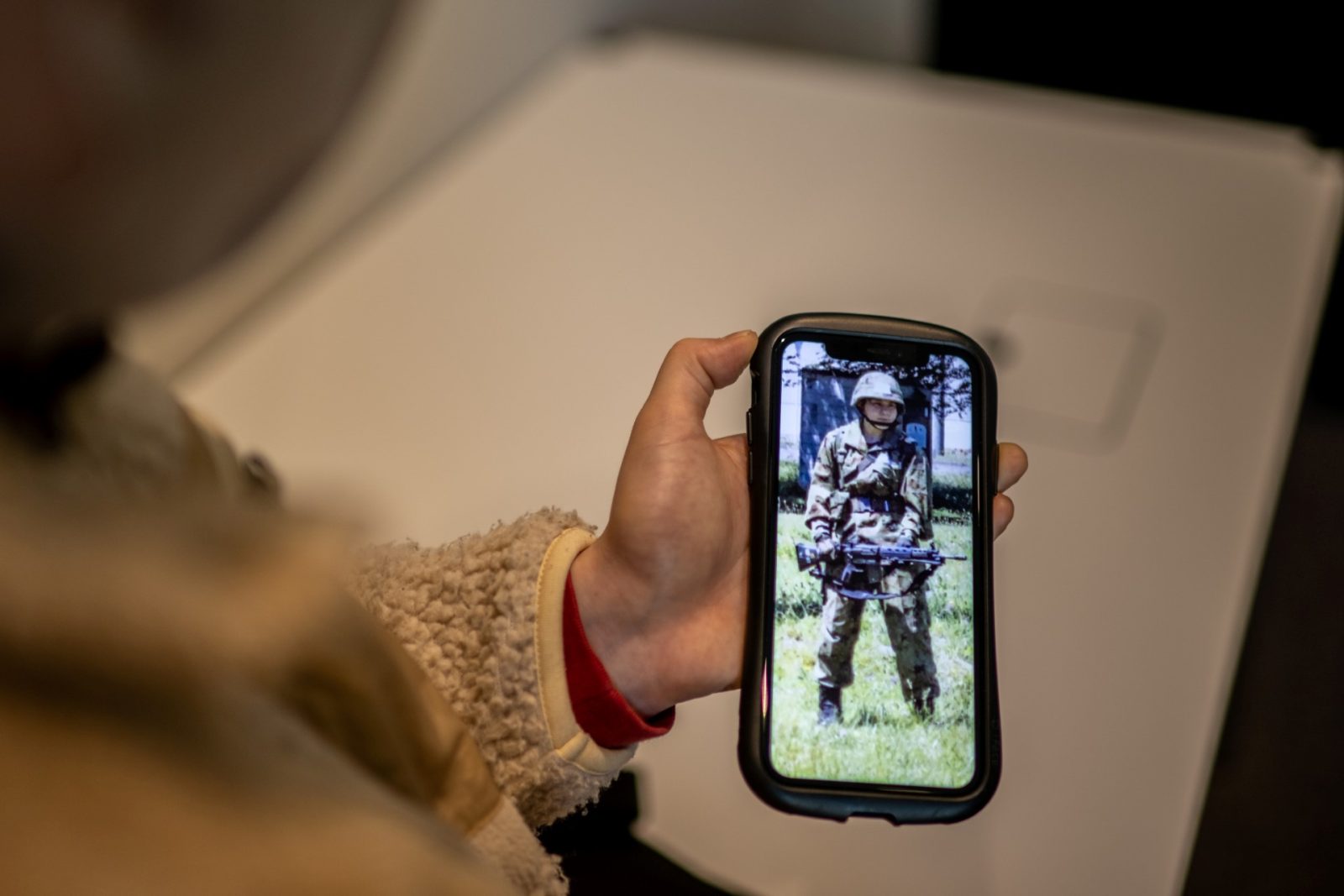From childhood, Rina Gonoi dreamed of joining Japan’s military. But as an adult, she has gone to war against the institution over sexual abuse she was subjected to by fellow soldiers.
It’s not the life the slight 23-year-old imagined, but the decision to go public with her experience and battle the military for justice has been explosive.
Her story has inspired dozens more people to report sexual and other abuse in the military, but it also opened Gonoi up to threats and online insults so severe she sometimes feared leaving home.
“If this were just for me, I might have stopped, but I carry on my shoulders the hopes of so many others, so I feel I have to do my best,” she told AFP.
Gonoi shot to prominence last year, when she publicly accused colleagues of assaulting her.
She says she experienced harassment daily after joining the military in 2020.
“When walking down the hallway, someone slaps you on your hip, or holds you from behind,” she said.
“I was kissed on the cheek, and my breasts were grabbed.”
Then, on a drill, she says three colleagues pressed her to the ground, forced apart her legs and each repeatedly pressed their crotches against her.
She reported the incident, but an internal probe concluded there was not enough evidence to proceed.
It was only after Gonoi went public and launched a petition that the case was reopened and a criminal investigation launched into the incident.
The defense ministry has since acknowledged the assault and apologized.
“I was deeply disappointed at the Self-Defense Forces,” she told AFP, using the official name of the Japanese military.
‘Desperate rather than brave’
It was especially devastating given her path to the military, which began when she was displaced by the 2011 tsunami aged just 11.
Gonoi was particularly moved by female SDF members who helped prepare makeshift bathing facilities for displaced survivors without homes.
They “were so cool,” she said.
“I came to think that someday, I would like to become like them and work for other people” in trouble.

Gonoi also loved judo, with dreams of competing at the Olympics, and the military offered access to sports facilities she thought might help her train.
So the decision to publicly call out the inaction surrounding her assault was agonizing.
“It was the last resort,” she said, describing herself as “desperate rather than brave”.
“I witnessed assaults of senior female members with my own eyes, and I didn’t want them to be deserted,” or for new troops to “suffer the same experience,” she said.
Gonoi aired her claims in a video posted on YouTube last June, and the response was powerful.
Over 100,000 people signed a petition she submitted in August to the defense ministry seeking an independent probe.
And more than 1,400 people — both men and women — have submitted their own allegations of sexual harassment and bullying in the military following a special inspection by the defense ministry.
‘People attack victims’
Sexual assault is a scourge in armed forces worldwide, and outrage over the scale of the issue in neighboring South Korea has prompted calls for reform.
Gonoi’s fight was a rare public reckoning with sexual assault in Japan, where the #MeToo movement met a muted response and government data shows just four percent of rape victims report the crime to police.
Although women are well-represented in Japan’s workforce, they are rare in the upper echelons of politics, business and bureaucracy.
For all the support Gonoi received, there was also a torrent of abuse.
“I was prepared for defamation, but it’s tough,” she said.
“There’s something wrong with Japan — people attack victims instead of perpetrators.”
Gonoi has received apologies from her abusers, who face a criminal investigation, but she is also suing the government and the perpetrators over her mistreatment.
“I hope to see a society where victims don’t have to go public to resolve their cases,” she said.
The public scrutiny remains tough — Gonoi spent five days at home after enduring a flood of vitriol following her lawsuit — but she is making a fresh start as a judo instructor.
In February, she held a session for beginners, including teaching an over-the-shoulder throw.
“I was thrown more than 200 times during the session,” she said.
“No matter how many times I get thrown, I stand back up. That’s who I am.”







